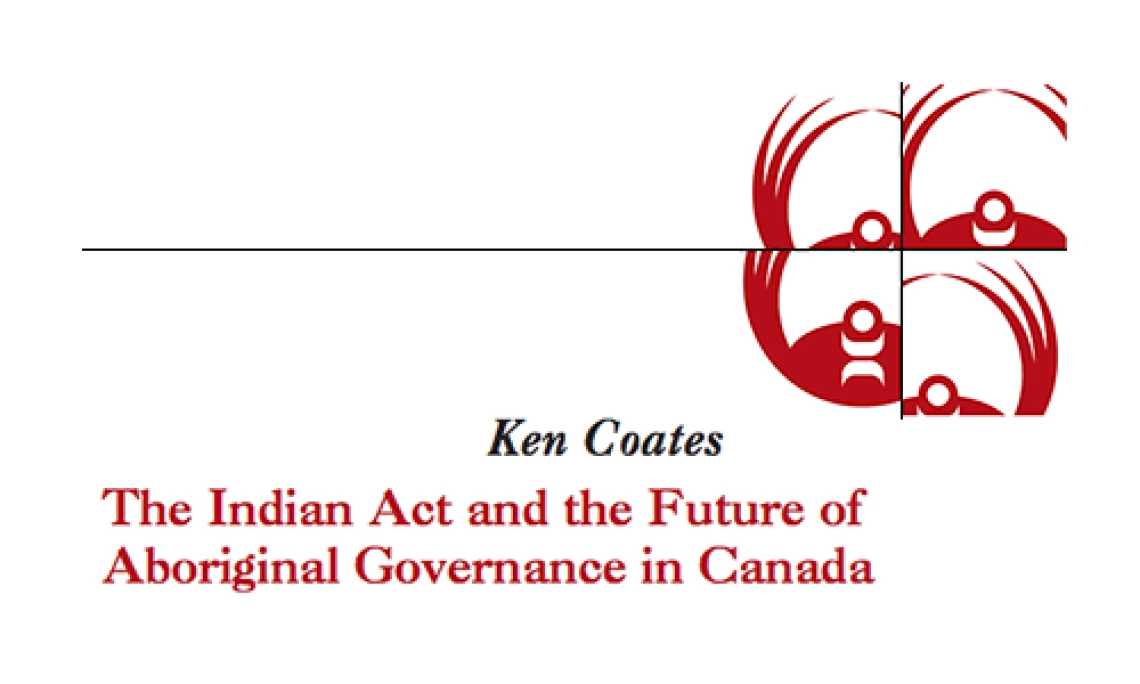The Indian Act is no longer an uncontestable part of the Aboriginal landscape in Canada. For decades, this controversial and intrusive piece of federal legislation governed almost all aspects of Aboriginal life, from the nature of band governance and land tenure systems to restrictions on Aboriginal cultural practices. Most critically, the Indian Act defines the qualifications for being a “status Indian,†and as such has been the centrepiece of Aboriginal anger over federal attempts to control Aboriginal identity and membership. The importance of this historic legislation is now being steadily eroded. At the political level, Aboriginal and non-Aboriginal critics of the Indian Act offer biting critiques of the limits of Indian Act governance and argue for the elimination of this outdated and no longer relevant administrative device. At the same time, recently concluded modern land claims settlements have eliminated the authority of the Indian Act over specific Indigenous groups, replacing the federal law with complex agreements on governance, taxation and government to government relations.
Additional Information
Coates, Ken. "The Indian Act and the Future of Aboriginal Governance in Canada". Research Paper for the National Centre on First Nations Governance. National Centre for First Nations Governance. Canada. May 2008. Paper.

